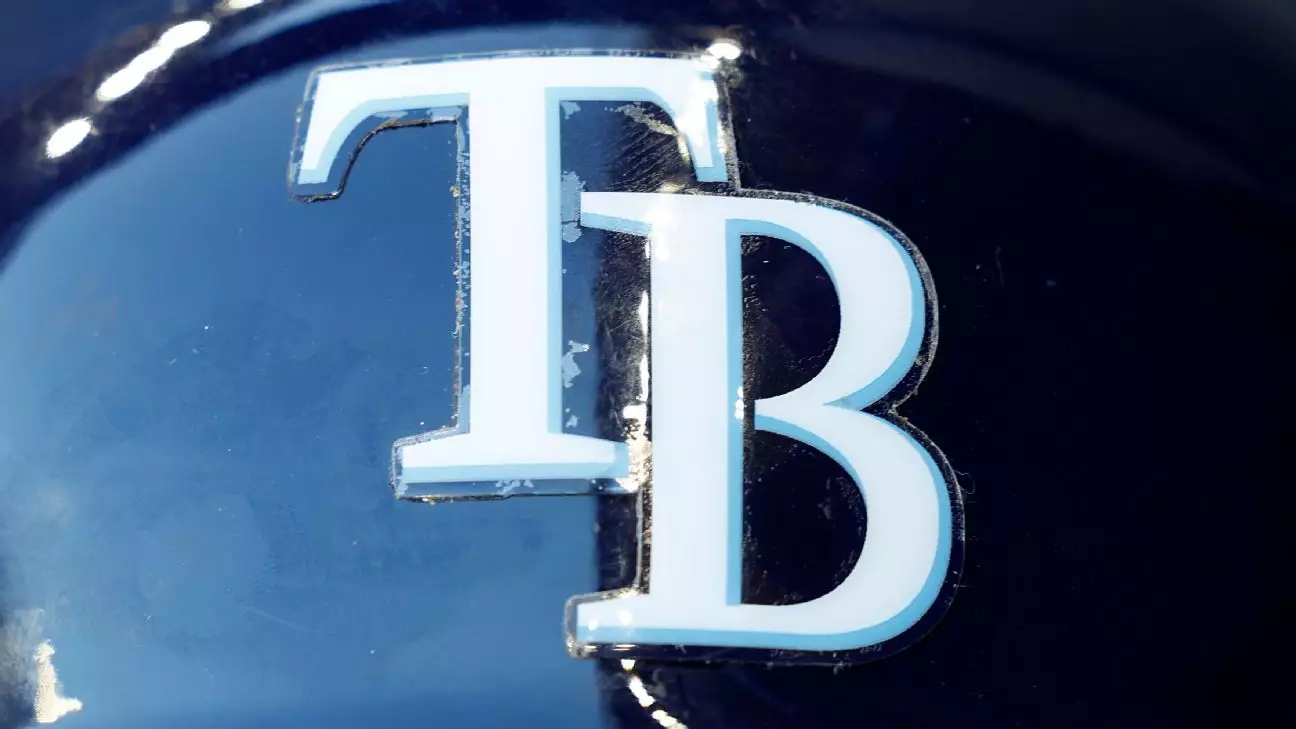The Tampa Bay Rays, a prominent team in Major League Baseball, find themselves at a crucial crossroad regarding their future stadium plans. Initially, there was significant momentum surrounding a $1.3 billion stadium deal that garnered approval in July. However, recent developments reveal a growing rift between the team and the Pinellas County Commission, escalated further by the damages caused to their current home, Tropicana Field, by Hurricane Milton. The impending deadline set for the Rays to make a decision on this deal has placed immense pressure on their leadership as they assess not just financial implications but also their long-term commitment to the region.
The letter issued by Kathleen Peters, the chairperson of the Pinellas County Court Commission, demands clarity from Rays presidents Brian Auld and Matt Silverman. It emphasizes the timeline for the stadium’s construction, highlighting that without a definitive commitment from the Rays by the upcoming Sunday deadline, the entire project could be jeopardized. The Rays, in their communication, expressed skepticism about the feasibility of meeting the proposed 2028 completion date, citing increased costs and a lack of finalized agreements as roadblocks. This raises concerns about whether the leadership’s hesitance stems from genuine logistical challenges or strategic positioning for renegotiation.
Peters’ response to the Rays’ letter was pointed and assertive. She dismissed the team’s justifications for delay as “fallacious” and maintained that the responsibility for any increased costs lies firmly with the Rays. This friction illustrates a significant power dynamic at play—while the county is eager to cooperate and support the construction of a new stadium, the Rays’ proposed exit from the agreement could leave a vacuum that impacts not only the team but also the local community reliant on the economic benefits of hosting a major league franchise.
Delaying decisions around financing and construction can have ripple effects on the local economy and community sentiment. Without a clear plan going forward, the Rays’ uncertainty risks alienating their fan base, who may feel disillusioned by the prospect of the team potentially relocating. Peters has been vocal about the county’s commitment to negotiate in good faith, which makes the Rays’ reticence more pronounced. The comments on a back-to-back hurricane situation further complicate matters, as local residents are rightfully anxious about prioritizing taxpayer dollars in the context of natural disasters versus sports funding.
With uncertainty looming over Tropicana Field, the team will temporarily relocate their home games to George M. Steinbrenner Field. This further emphasizes instability within the organization during a critical juncture; not only are they battling with logistical challenges from damage done to their former venue, but they are also faced with the reality that their long-term viability in the Tampa Bay area is called into question. This transition to a new field, albeit temporary, serves as a reminder of the significant challenges that the franchise must navigate.
As the December 1 deadline approaches, discussions among the county officials will intensify regarding their next steps should the Rays remain noncommittal. The Rays’ choice—whether to forge ahead with the current proposal or explore alt-ernatives—will have lasting implications not just for the organization, but for the wider Tampa Bay community. Building a stadium is not solely a matter of finances; it’s about authentically engaging the public and assuring them that their interests are not being overlooked.
In a rapidly changing sports landscape, and with the shadow of external market competition always present, the Tampa Bay Rays face a watershed moment that will define their operational strategy and community engagement going forward. How they handle this situation could very well determine their place within the fabric of the Tampa Bay area for years to come. The decisions made in the coming days will reverberate through the local economy, community pride, and, ultimately, the future of the franchise itself.


Leave a Reply